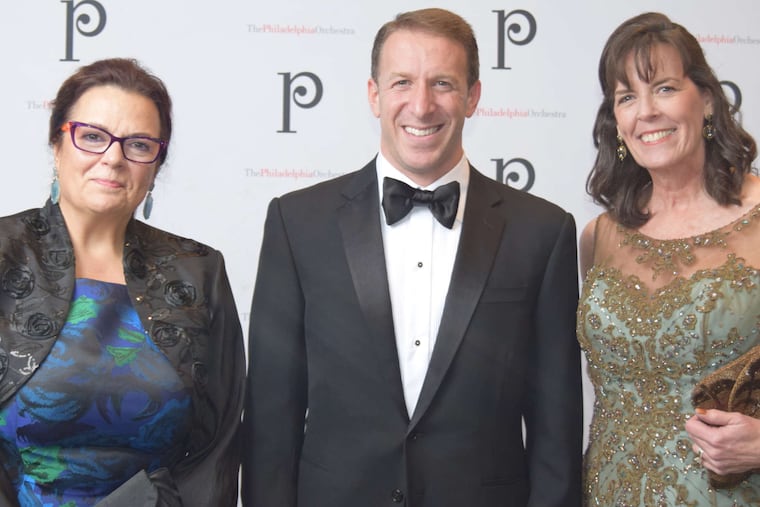The Gary Frank saga hits a new phase. His firm is sold for a pittance as he faces loan fraud charges
Frank claimed to have more than half a billion in revenues to get a $40 million loan from Prudential but had only a small fraction of that, records show. Now his firm is sold in bankruptcy court.

A federal bankruptcy judge on Tuesday approved the sale of Gary Alan Frank’s Legal Coverage Group to Lebanon, Pa.-based Legal Risk Services (dba Discount Legal Plan) for $20,000, said bankruptcy trustee Leslie Beth Baskin.
The sale is a major signpost in the curious saga of Frank, who was charged with loan fraud in March after claiming far larger revenues and profits for his Bala Cynwyd firm than it had.
Frank’s firm received loans from Prudential Insurance Co. of America, now totaling more than $35 million, along with more than $5 million from friends. Records later showed that the company was far smaller than presented and has only a fraction of the revenues it claimed to have to qualify for the loans.
Also, Frank allegedly took expensive trips, purchased two Center City condos, bought a $100,000 engagement ring, and gave away about $168,000 in gifts to various nonprofits.
Frank is now under house arrest.
Frank’s world started unraveling in 2015, just after Prudential Insurance Co. of America agreed to provide up to $40 million in debt financing to help Legal Coverage Group (LCG) expand. LCG provides legal services as a benefit that employers can offer their workers.
The loan agreement called for LCG to provide copies of its audited financial statements.
LCG’s Jan. 26 bankruptcy filing in Philadelphia was designed to fend off Prudential, which then claimed $34 million in damages. (It has since risen with interest)
After LCG failed repeatedly to provide the audited statements, Prudential in August 2017 exercised its right to obtain LCG’s bank records. What Prudential found, according to an October lawsuit in the Supreme Court of New York, was that “the only substantial funds deposited into the deposit account were the $30 million in proceeds from Prudential’s financing.”
The account records showed revenues from at most two customers. In its internal financial statements provided to Prudential, LCG claimed that it had a total of $546.7 million in revenue in 2015 and 2016. The bank account showed just $109,009 in revenue from customers.
Frank, who was charged in March in a massive loan fraud, was also found to have made $168,333 in charitable donations to Philadelphia organizations in the two years before the January bankruptcy of LCG, legal filings show.
The biggest beneficiary was the National Liberty Museum, which received $68,833. In addition, the Foreign Policy Research Institute got $55,000, the Philadelphia Orchestra $25,000, and the Philadelphia Youth Orchestra $18,500.
Federal agents arrested Frank on March 16 and charged him with wire fraud related to a $40 million line of credit his firm received from Prudential.